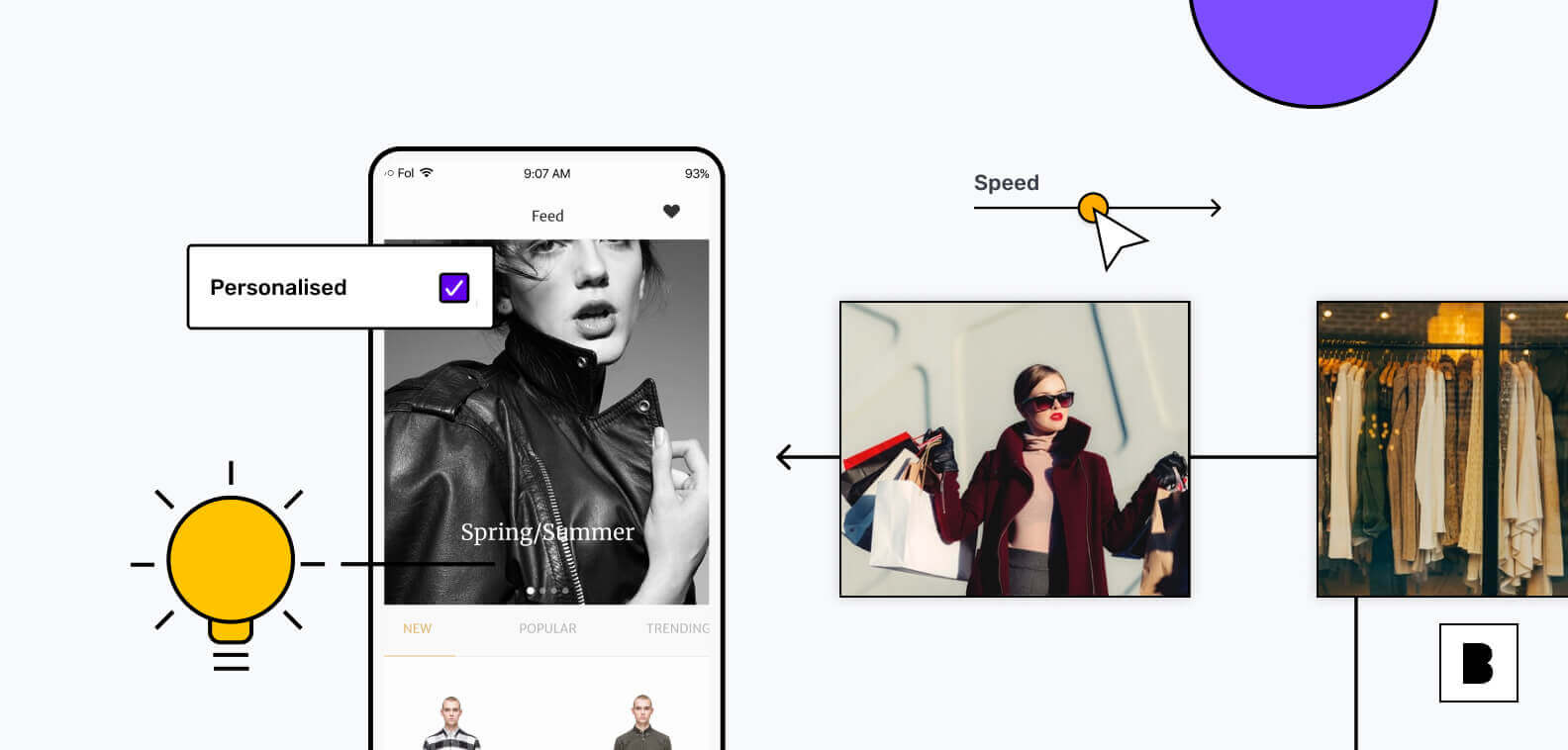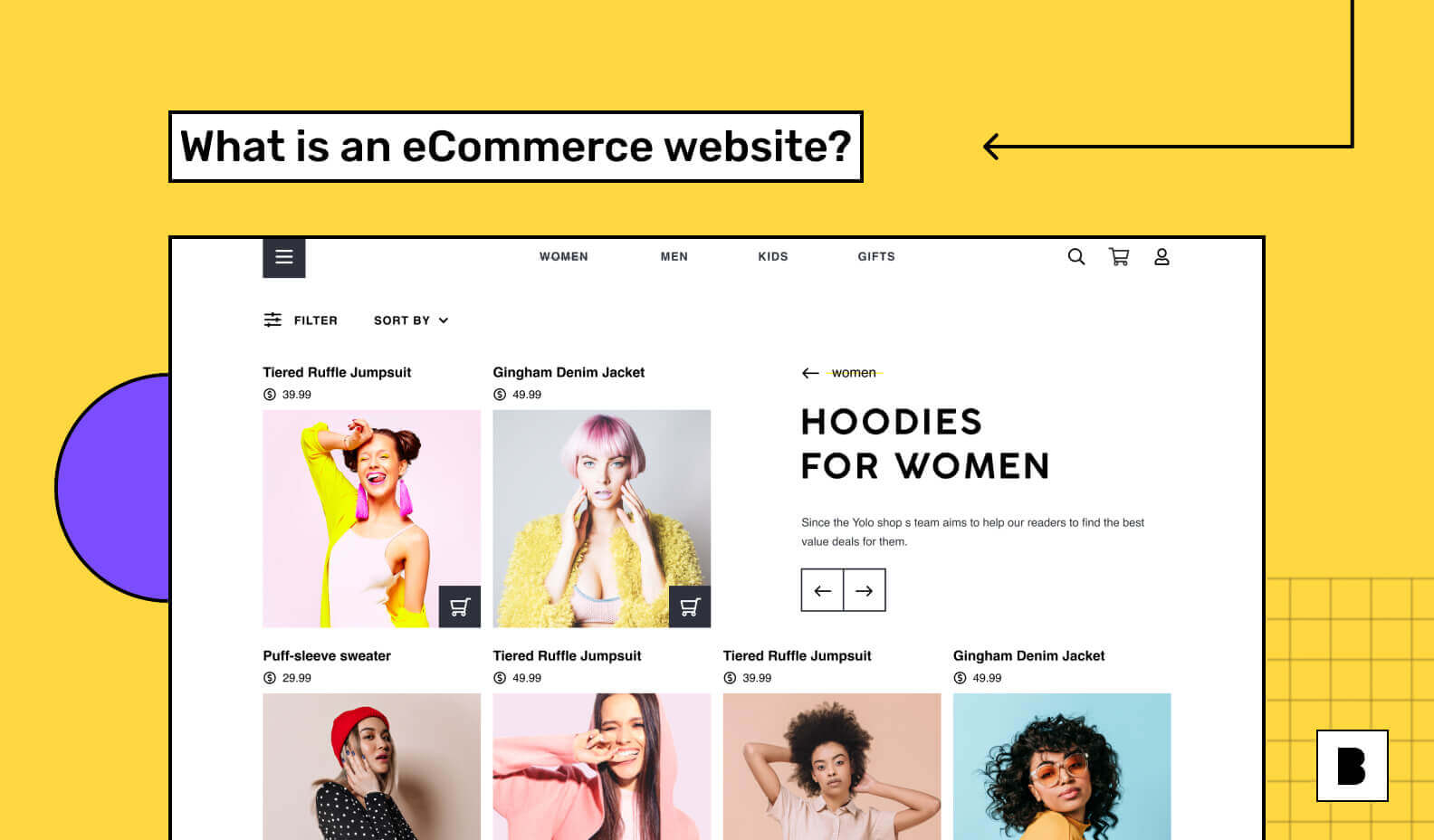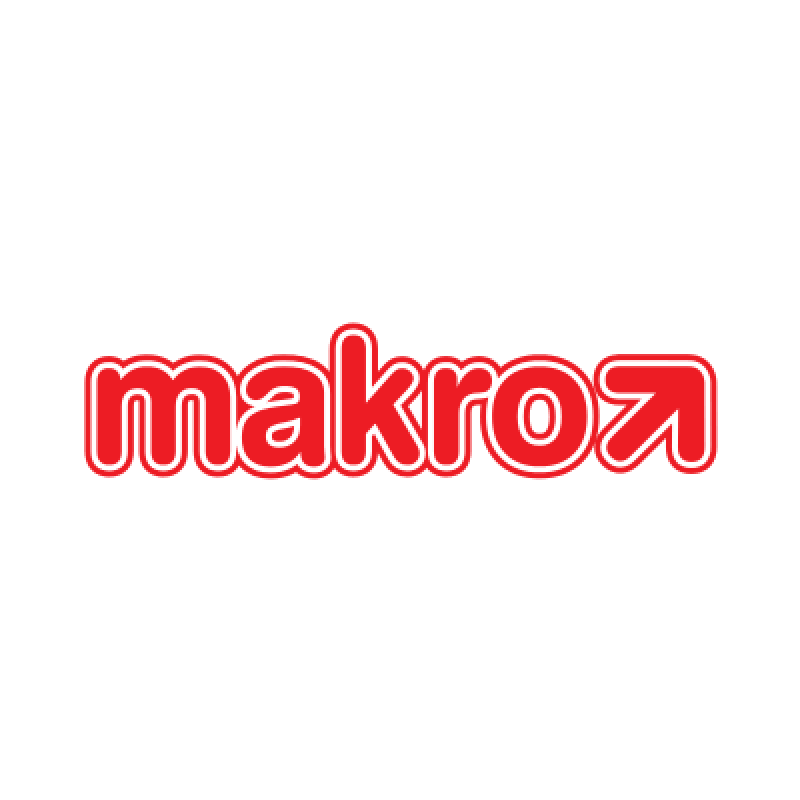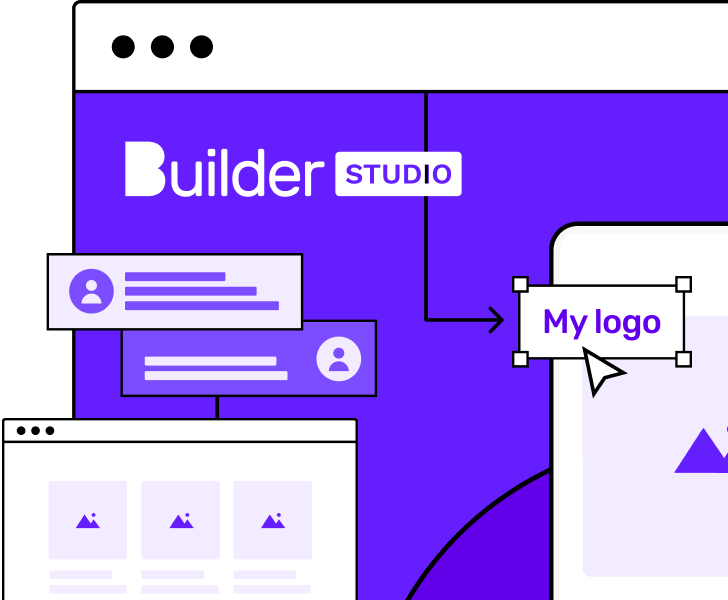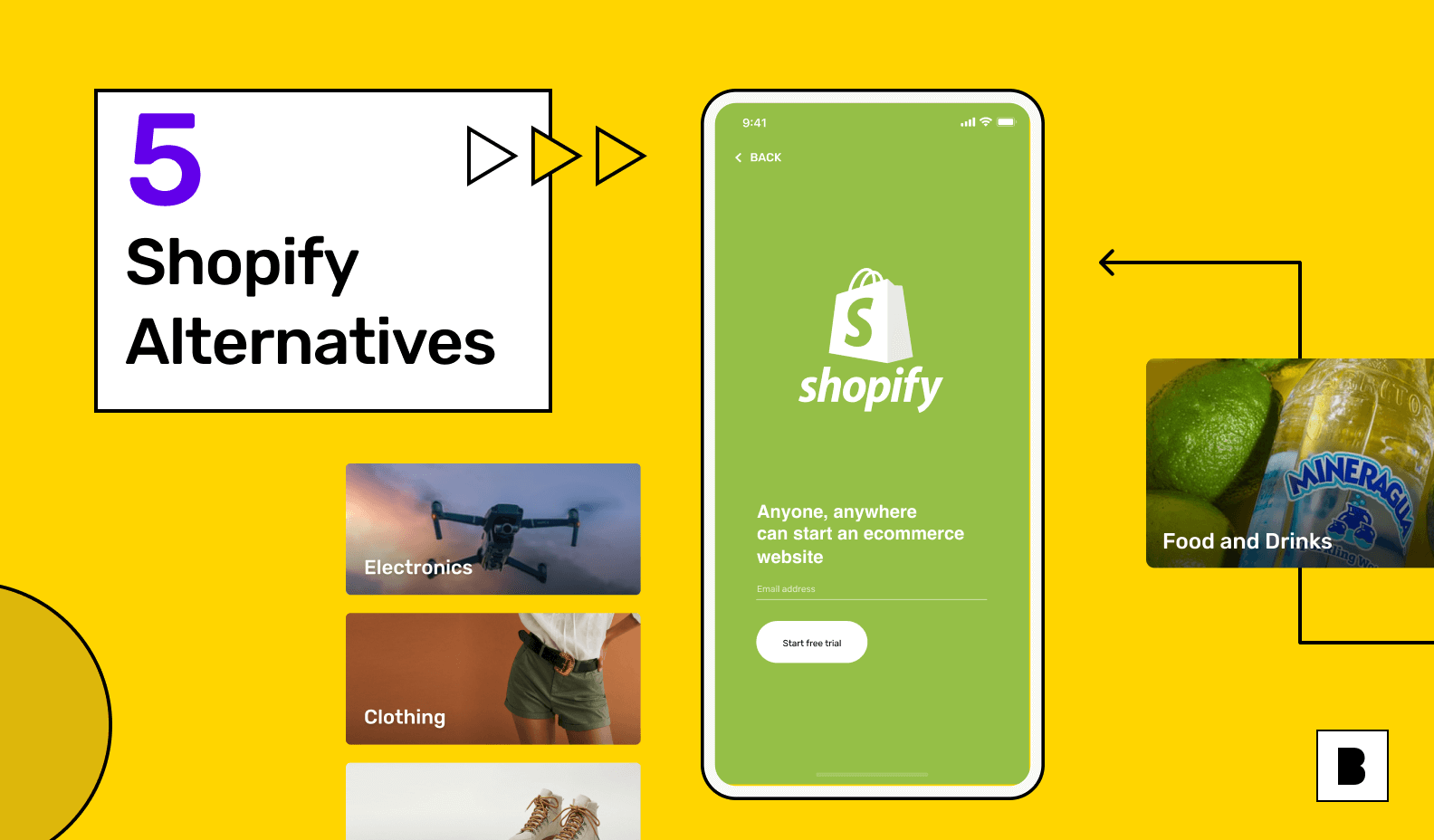
Shopify is a cloud-hosted SaaS ecommerce platform that enables you to rapidly start selling products online.
Shopify hosts your site and you benefit from integrated SEO tools and an array of themes purpose-designed for ecommerce.
It’s a pretty easy way to get started with ecommerce on Shopify but there are many alternatives worth taking into account before you decide.
Surveying the alternatives is super-important if you want to nail your ecommerce strategy and find the perfect fit for your brand or business!
The pros and cons of Shopify
Shopify is straightforward to use without any web design or coding knowledge. Everything is designed to be easily understood and accessible to anyone.
It’s pretty scalable too; there are 3 tiers for Shopify - Basic, Shopify, and Advanced - and Shopify Plus, for enterprise businesses.
However, Shopify is often found to be expensive, lacking in flexibility, and tricky or awkward to use when dealing with large, complex inventories.
That’s why alternatives are well worth a second or third look.
5 alternatives to Shopify
WooCommerce
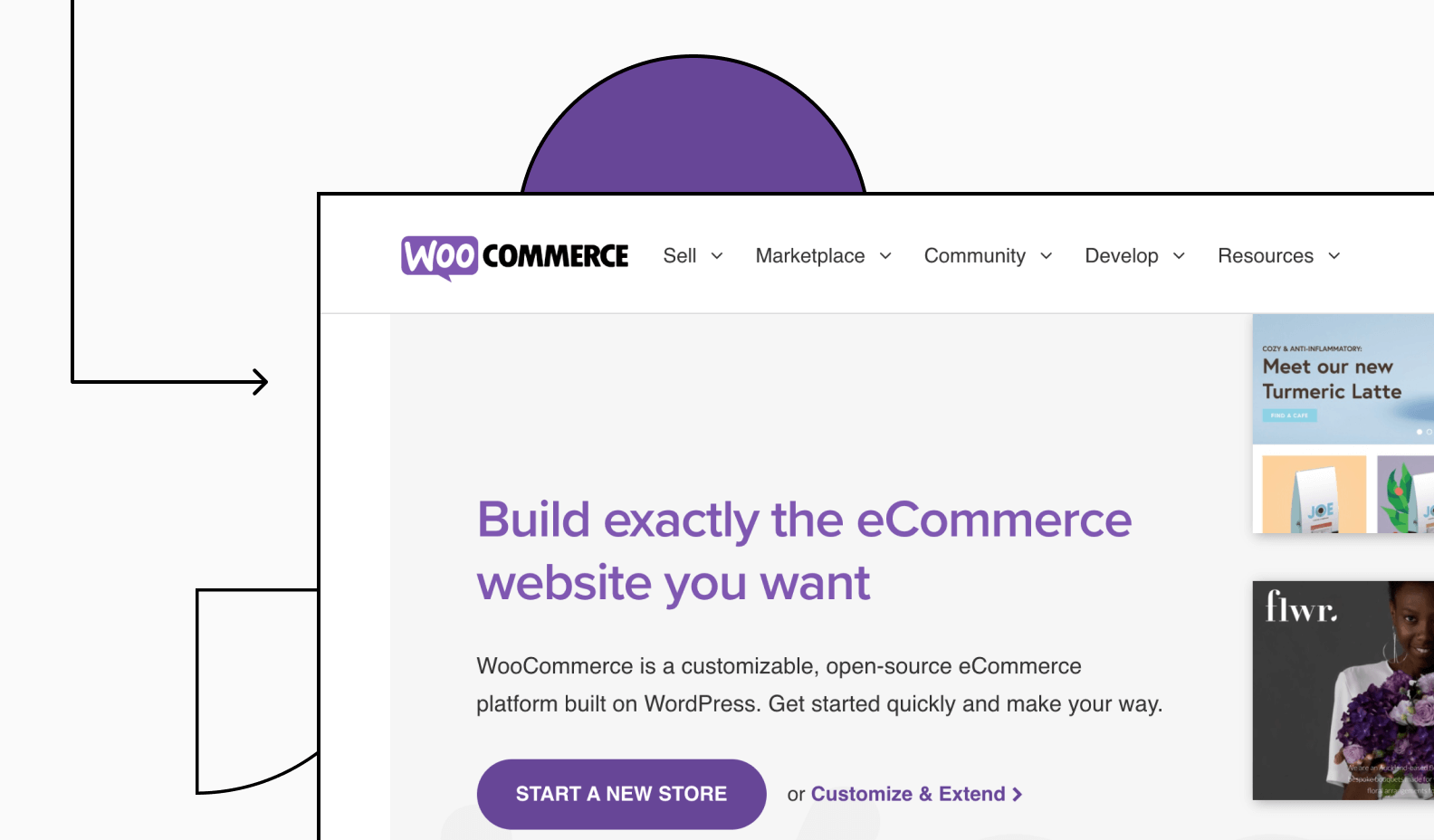
WooCommerce is an open-source, free ecommerce plugin for WordPress. WordPress is the world’s leading content management system (CMS) – according to Digital.com, it powers some 35% of the entire web!
WordPress is the ultra-scalable, cost-effective route to web design. WooCommerce integrates with WordPress to offer you free ecommerce solutions that integrate seamlessly with your WordPress site.
This is perfect for those who already run a WordPress self-hosted site and want to add ecommerce functionality.
Pros
- Excellent for those who are offering ecommerce as part of a mixed-use website or blog
- Expandable with plugins and tons of design options
- Free
Cons
- Steep learning curve
Etsy
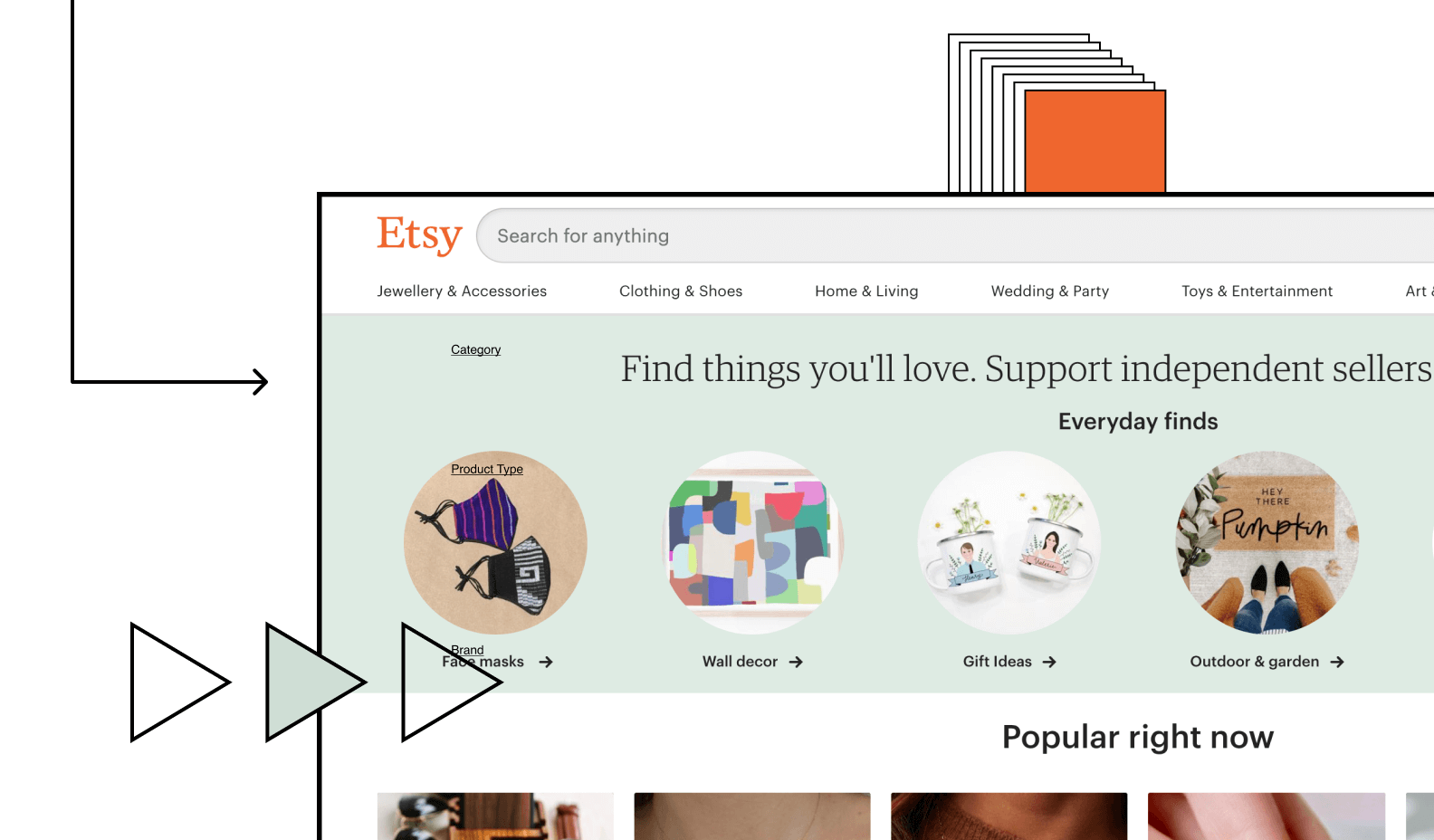
Etsy’s rising status as a highly-successful ecommerce platform was accelerated by those wanting to buy artisan or handmade from private sellers instead of big corporations.
The platform has a huge international audience but it's most popular in the UK and USA. If you’re searching for Shopify alternatives in the UK and US, it’s especially worth a look.
Etsy is optimised for sellers of handmade and artisan goods, but the platform now hosts a very diverse selection of products, covering pretty much every category imaginable.
Fees are reasonable and the internal marketing and advertising options are superb.
Even if Etsy is unsuitable for your entire product catalogue, you can still use it to complement your other ecommerce strategies.
Pros
- Millions of repeat buyers regularly use the platform
- Internal advertising and SEO
- Simple to set up and maintain
Cons
- Inflexible
BigCommerce
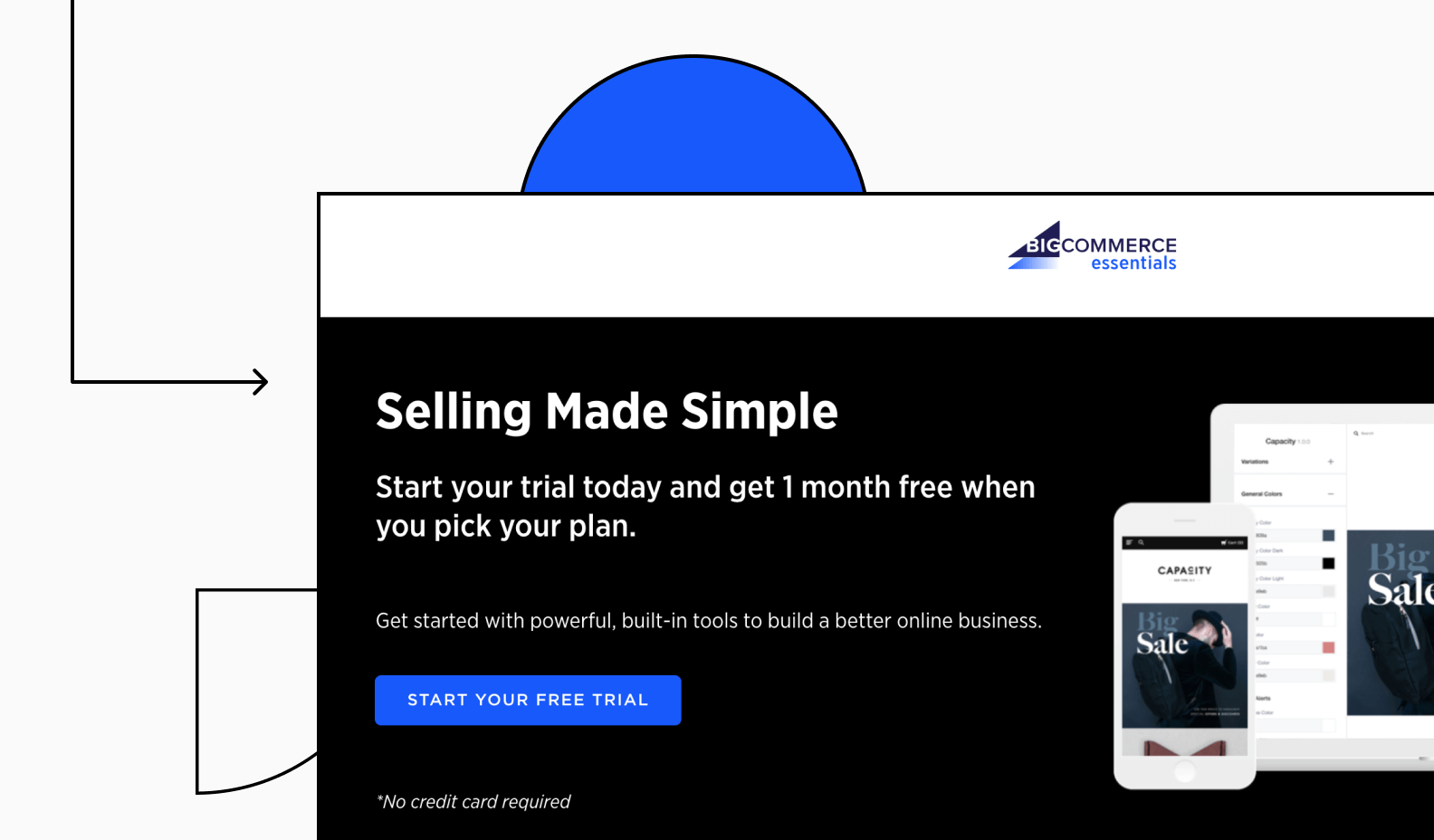
BigCommerce is one of the key Shopify competitors. In essence, the two are very similar and hard to split in most ways. The pricing structures are similar and both come with straightforward drag-and-drop page builders.
BigCommerce is perhaps the more scalable option, offering more for shops with very complex product catalogues. It also has more SEO flexibility than Shopify but can be more expensive, if you want to access extra features.
Pros
- Easy to build beautiful sites
- Excellent SEO features
- Scalable to big businesses
Cons
- Similarly pricey to Shopify
Big Cartel
Marketed to a similar audience as Etsy, Big Cartel is a scalable platform that suits makers and artists. It’s jammed with contemporary design features, quality SEO tools and enough features to fully customise sites from the ground-up.
Big Cartel has a product limit of 300, so if you’re looking to sell more products than this, it obviously isn’t the right choice for you.
Pros
- Free plan (for 5 products or fewer)
- Tons of superb design options
- Simple to use
Cons
- Not particularly scalable
Magento
Magento is a self-hosted, highly scalable ecommerce platform suitable for businesses of all sizes. It’s arguably the strongest ecommerce platform for enterprise-level businesses and brands and since it’s open-source, it’s practically limitless in customisability.
Magento also serves the niche market of B2B ecommerce and is probably the best ecommerce software suitable for non-typical stores and product categories.
Pros
- Powerful with huge plugin marketplace
- Scalable to the max
- Open-source
Cons
- Steep learning curve
Augment your ecommerce strategy with an app
You can enhance your ecommerce strategy with an app.
According to Statista, 72.9% of global retail ecommerce is set to be generated via m-commerce (mobile commerce) in 2021.
The Builder.ai Studio Store lets you transform your ecommerce strategy for mobile ecommerce. It’s a big market to tap into!
Create beautiful, retail-ready apps with Builder.ai
Super-fast: Our pre-packaged apps can be ready to roll in just 2 weeks!
Retail-ready: We have app solutions for every type of ecommerce business strategy.
Trust: Builder.ai has worked with global giants such as Virgin Unite, the BBC and NBC Universal.
Get your pre-packaged app, now.


